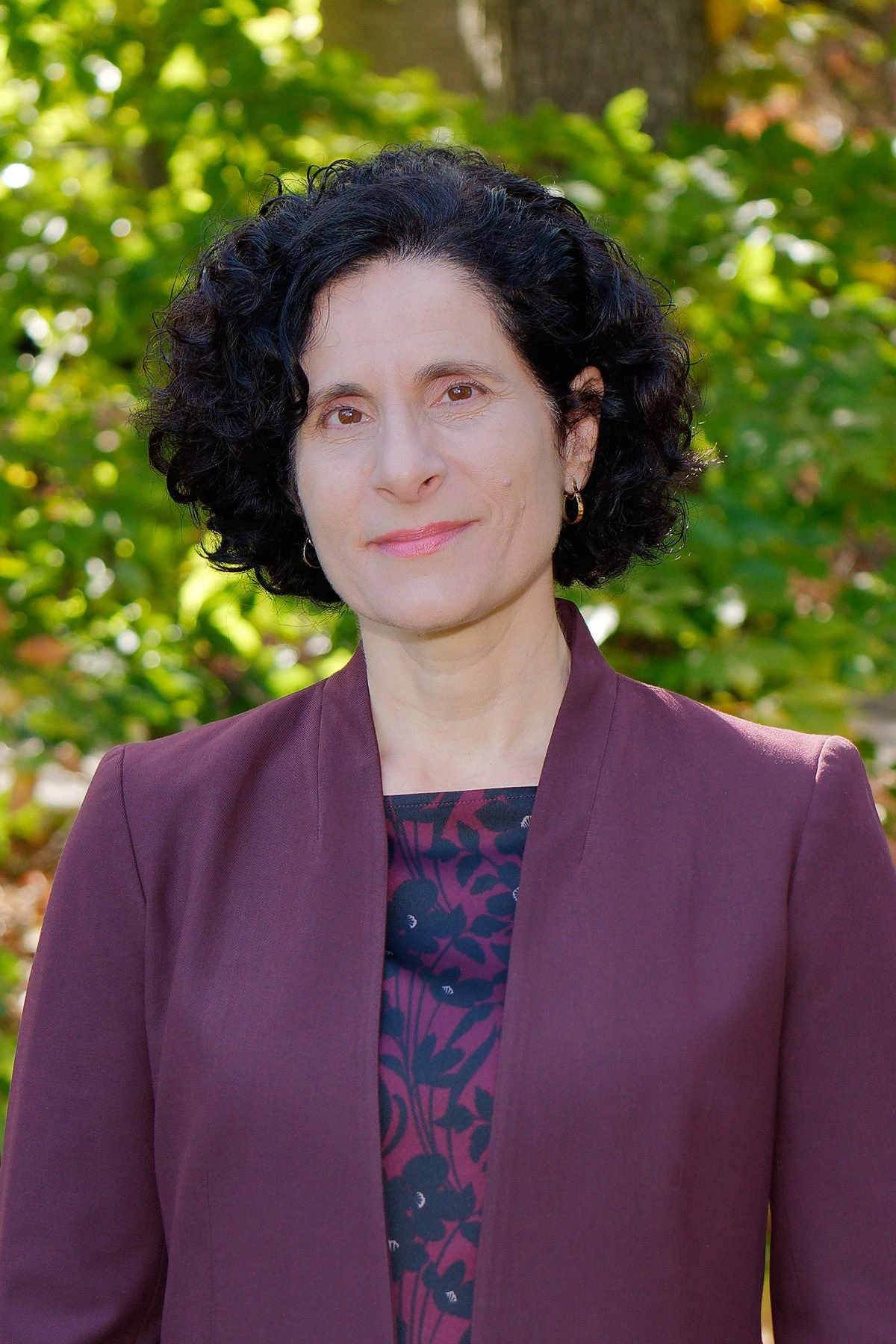También disponible en Español

Gender inequality comes in many shapes and (depressing) colors. A recent trip to Haiti showed me and my colleagues, perhaps its ugliest and most damaging face: violence against women of all ages, including babies. But as ugly as it is, can we make it our business?
I think the answer is yes. Here is why.
We visited Haiti as part of our continued commitment to help Haitians rebuild their country and their lives --especially the lives of women, mothers and children, who have felt the brunt of the devastation following the earthquake.
Our first and most important visit was with the Kofaviv, a community of female survivors of extreme forms of gender based violence (GBV) who are devoted to assisting other victims in Haiti. The World Bank has joined forces with Kofaviv through their partner organization MADRE in a project financed by the Rapid Social Response Fund.
Kofaviv's agens or agents --volunteers helping victims on the ground--, told us their stories and opinions, and sang to us their songs of hope in a wonderful yet shocking experience.
Amid poorly disguised tears, our team experienced mixed feelings and emotions, ranging from reassurance to despair. Our thoughts jumped from "this is definitely the right thing to do" to "we are not a first response organization". From "this is too complicated for the Bank" to "look at all the ways the Bank could help."
Despite this roller coaster of reactions, our final conclusion was very clear: focusing on this issue is central to development, but how could the Bank address it in the best way possible?
Kofafiv's agens are strong and inspiring. Every day, they seek out victims in slums and internally displaced camps. They provide company, comfort, sympathy, and hope. They go with victims to the hospital and to the police.
Their work is difficult and extremely risky. The agents don't use sophisticated terms, but are able to describe the injuries sustained by victims with amazing accuracy. Shockingly, they have found babies that have been raped.
These volunteers stay with the victims for endless hours in hospital corridors waiting for medical attention. They are able to talk about the horrors they have witnessed and they are actively doing something about it.Yet, these heroic first responders face incredible obstacles.
The World Development Report 2012 (WDR) on Gender Equality and Development's framework includes women's 'agency'-the ability to make choices and implement them- as a crucial pillar towards gender equality and development as this blog explains in detail.
All forms of gender base violence (including domestic violence) represent the ultimate deprivation of individual 'agency'. The WDR's call for action on this front is clear.
In Latin America, we know that the prevalence rate of violence against women from a partner is generally very high. In urban Peru, nearly half of women have suffered physical violence by a male partner, according to the World Health Organization. We also know that violence against women has high economic costs in the form of lost productivity and a lack of accumulation of human capital for both victims and their children. We also know that children witnessing or suffering violence are more likely to become future perpetrators or victims.
So, when questioning whether gender based violence is a humanitarian/first response issue or needs to be addressed by the greater development community, I believe the is answer is the latter.
So, what can the Bank do that is coherent with its corporate strategy, multiple priorities, and entry points? How can we connect the dots between grassroots humanitarian assistance to the World Bank's comparative advantage and policy?
In our region, our clients have set their own ambitious prevention and treatment goals at the Committee on the Elimination of Discrimination against Women (CEDAW) and other regional bodies. However, the demand of Women's Affairs Ministries, or line ministries working on these issues, rarely gets articulated into the Ministry of Finance. Therefore, gender based violence is not typically part of World Bank and client dialogue.
However, the Bank already has interesting examples of concrete actions and analytical work in this area. In Latin America and the Caribbean, past and present projects are unveiling promising approaches:
- Strategic mainstreaming to prevent violence and gender base violence in our projects: in health (training health personnel to identify early signs of abuse) and in education (guide for prevention of violence in schools).
- Addressing gender based violence in public sector reform, such as the Judicial sector reform project in Ecuador.
- Institutional Development: the Bank has signed a cooperation agreement with Brazil's House of Representatives to strengthen the capacity of their Special Women's Affairs Office.
Last month and in the context of our RSR project in Haiti, we helped organize a workshop with Kofaviv, other NGOs, police, health workers, and judges. We discussed several issues including potential improvements to medical forensic certificates and expanding women's access to these certificates (currently only two hospitals have the capacity to produce the certificates). This time, our role ahead seemed extremely clear. The workshop revealed policy implications and potential capacity-building work with line ministries. It sounds like a job for the World Bank.


Join the Conversation